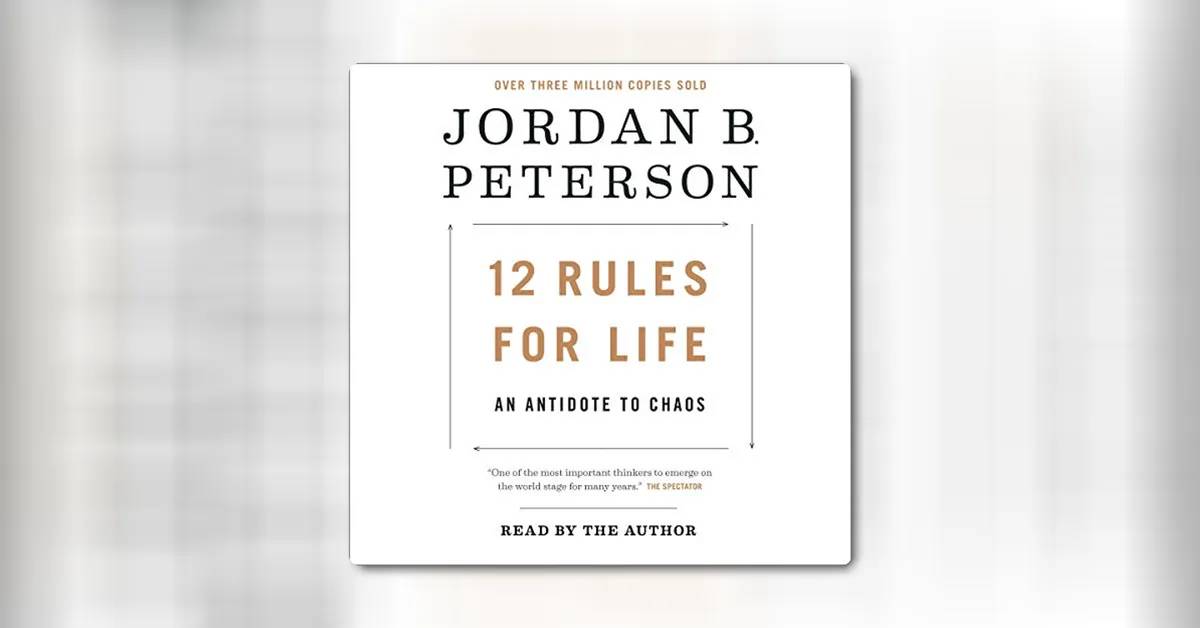Summary
12 Rules for Life: An Antidote to Chaos is a groundbreaking self-help book by Canadian clinical psychologist Jordan B. Peterson. Published in 2018, it quickly became an international bestseller, propelling Peterson to global fame. Drawing on psychology, philosophy, mythology, and personal anecdotes, Peterson offers readers a roadmap for navigating the complexities of modern existence. His rules range from straightforward advice like “Stand up straight with your shoulders back” to more abstract concepts such as “Pursue what is meaningful (not what is expedient).” Throughout the book, Peterson argues that embracing responsibility and facing life's inevitable suffering head-on are key to finding purpose and fulfillment.
While 12 Rules for Life has been praised for its thought-provoking ideas and no-nonsense approach to self-improvement, it has also sparked controversy with some accusing Peterson of promoting regressive views. Regardless of one's opinion, there's no denying the book's massive cultural impact, sparking debates on everything from gender roles to the nature of meaning itself.
Plot
In 12 Rules for Life, Jordan B. Peterson presents a roadmap for living a meaningful life, based on a blend of psychology, philosophy, mythology, and personal anecdotes. The book is structured around these 12 rules, each explored in its own chapter.
Peterson begins by discussing how to “Stand up straight with your shoulders back,” using the hierarchical behavior of lobsters as a metaphor for human social structures. He then moves on to topics like treating yourself with respect, choosing good friends, comparing yourself to your past self rather than others, and setting your own house in order before criticizing the world.
In the middle sections, Peterson delves into more abstract concepts like pursuing meaning over expedience, telling the truth, listening to others, and being precise in speech. He draws on a wide range of sources, from ancient myths to modern scientific studies, to illustrate his points and support his assertions about human nature and behavior.
The book concludes with rules about not interfering with children while they're skateboarding (as a metaphor for allowing natural development) and petting cats encountered on the street (as a reminder to appreciate life's small joys). Throughout, Peterson emphasizes personal responsibility, the acceptance of life's inherent suffering, and the need to find meaning as an antidote to nihilism and despair.




